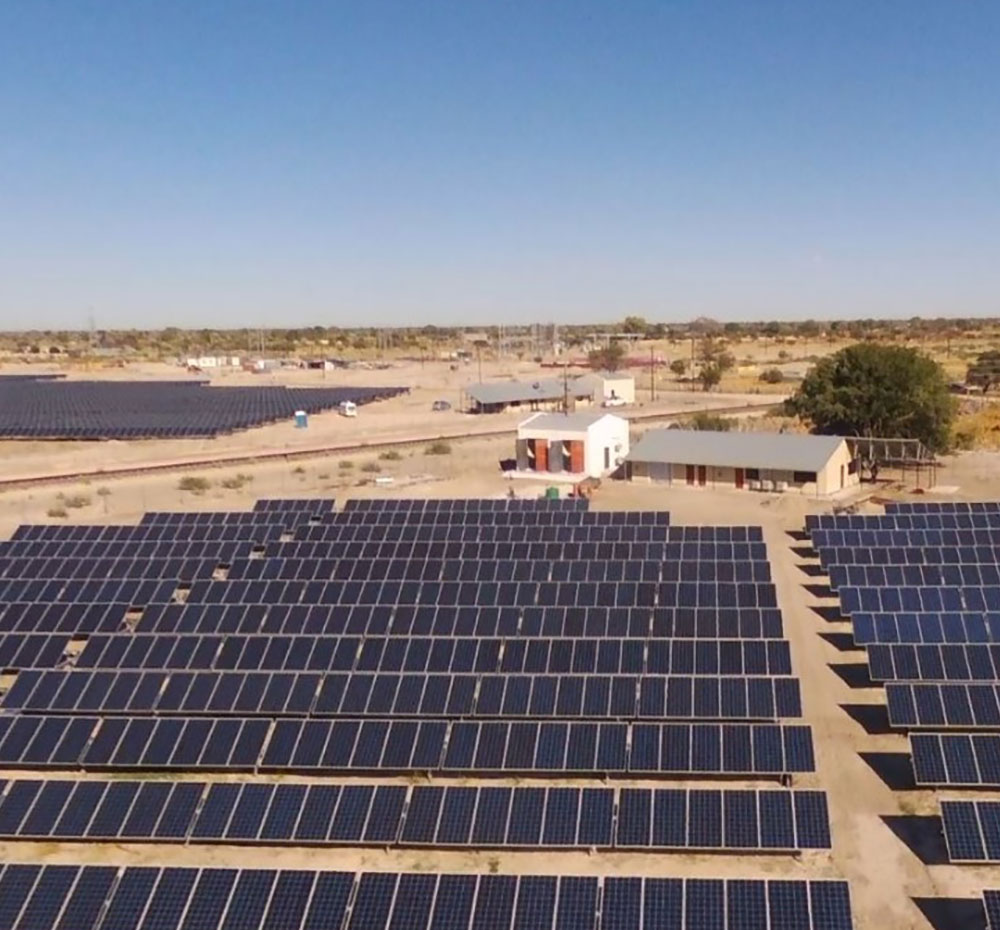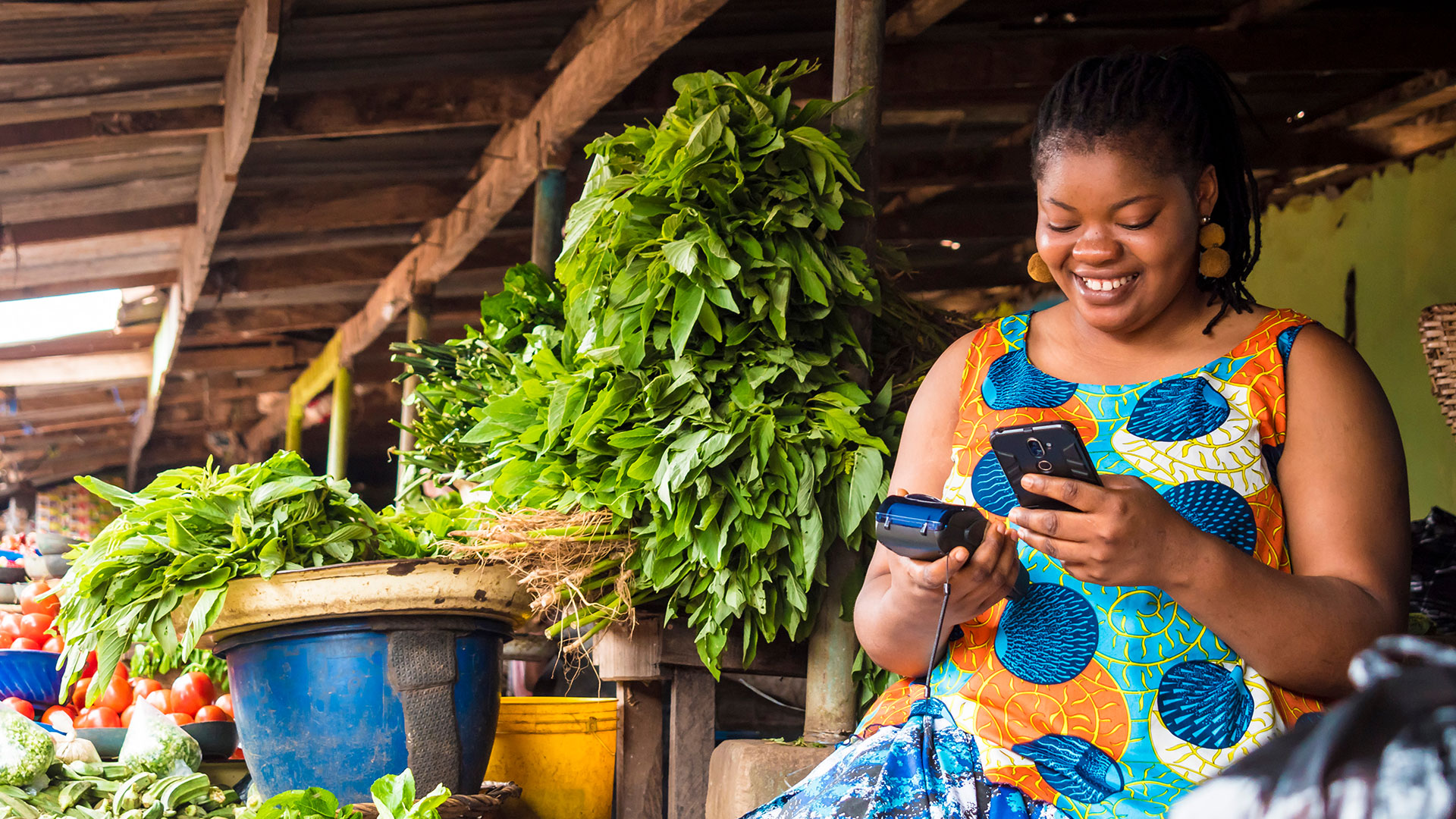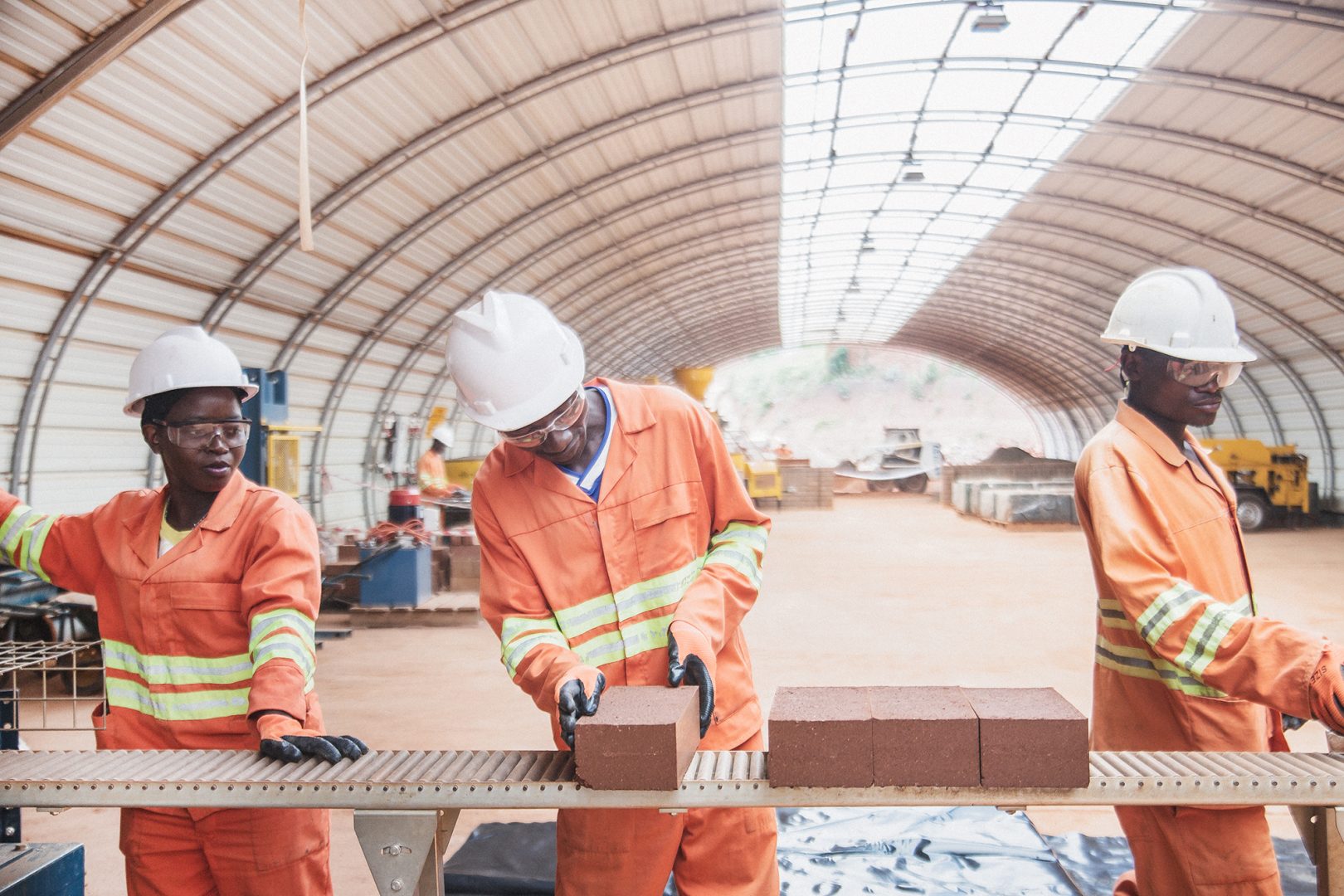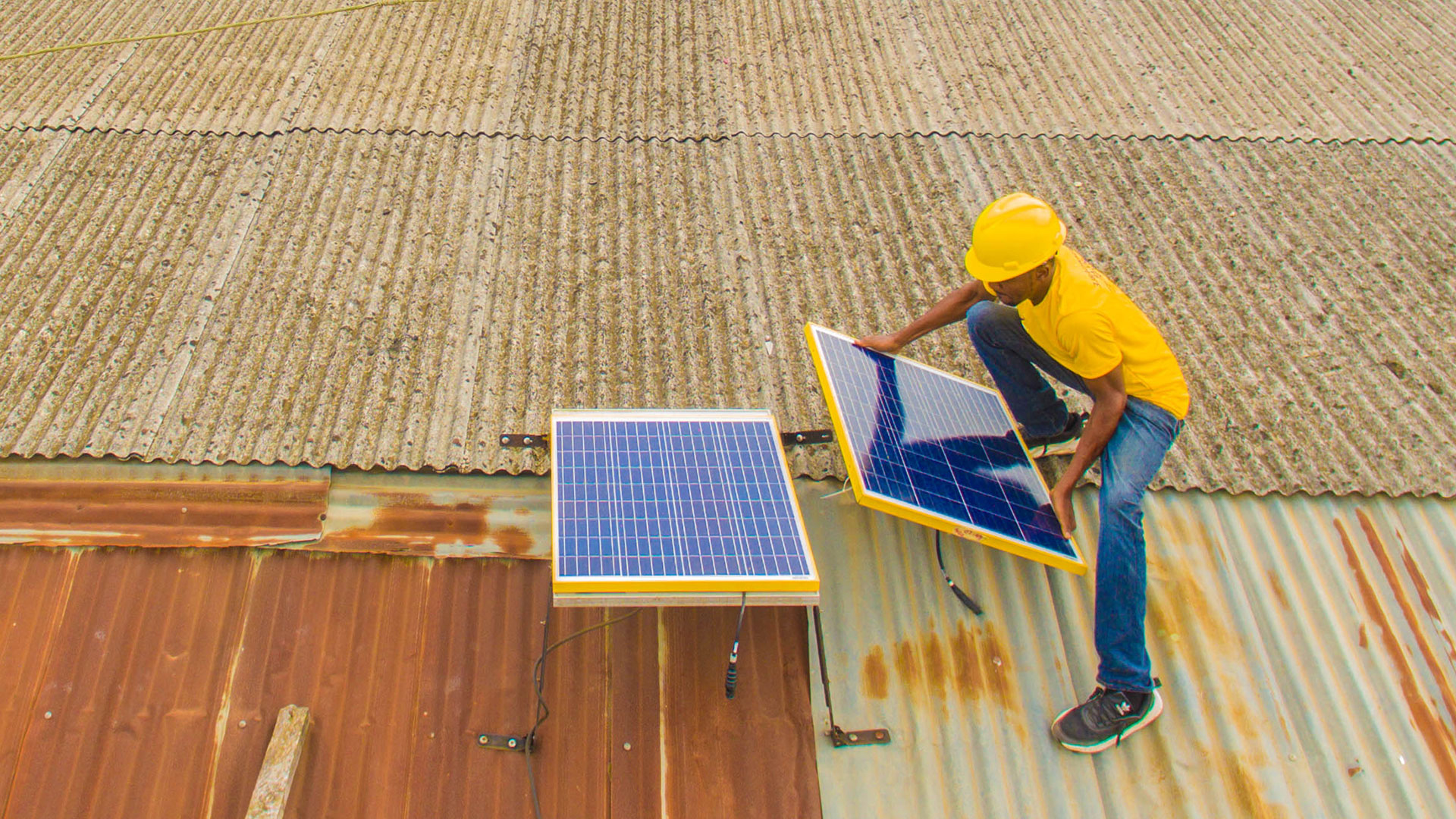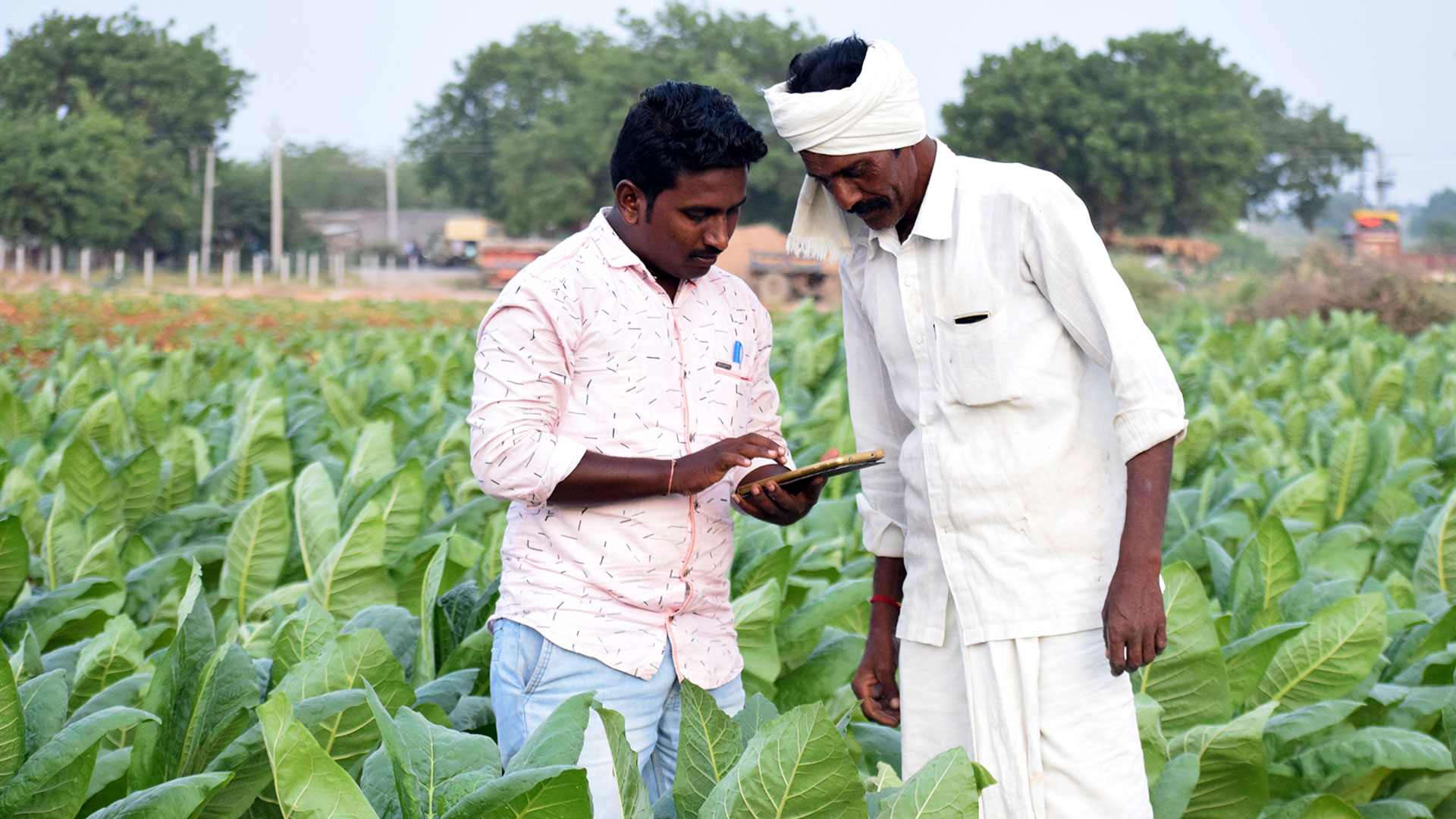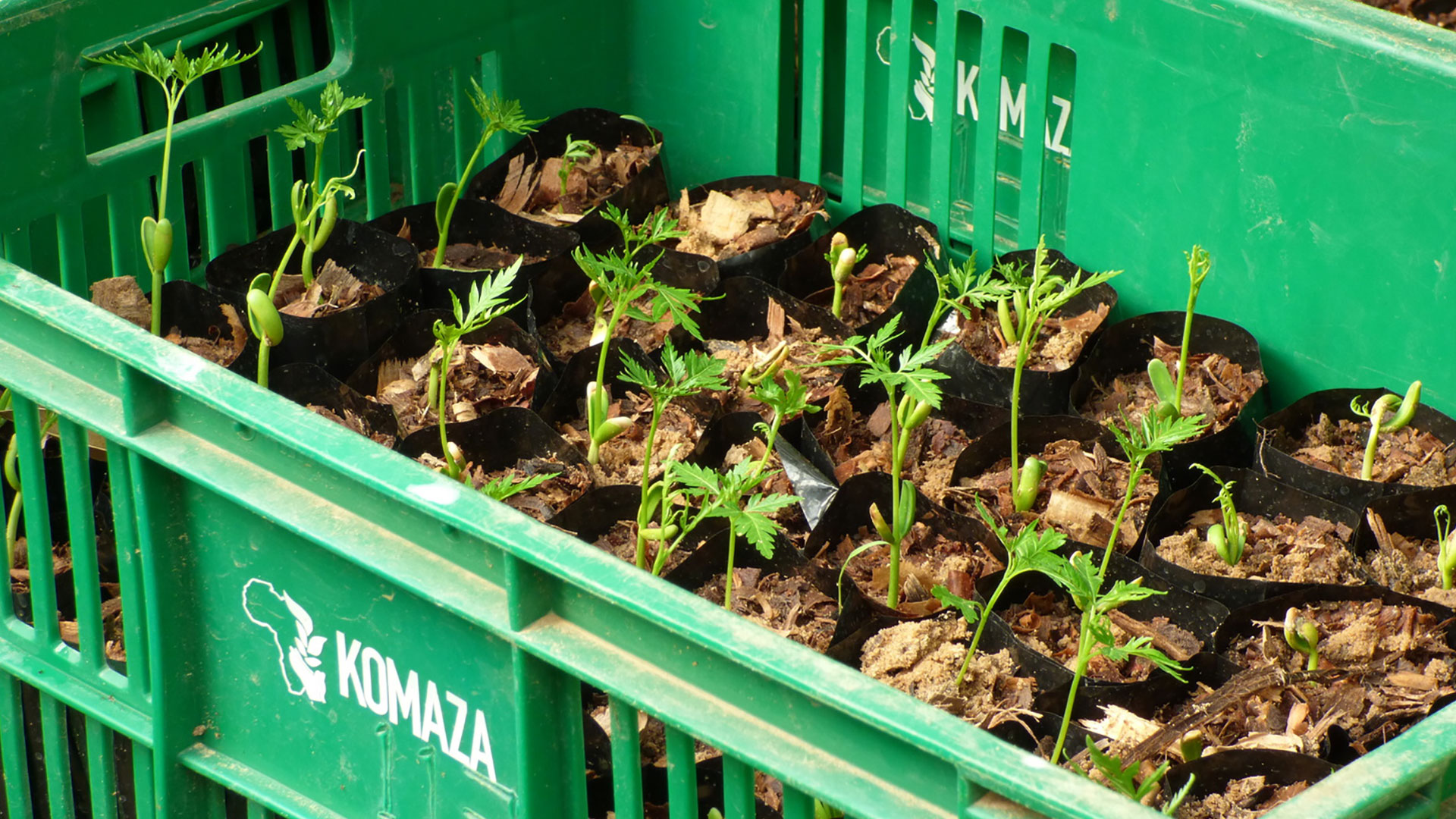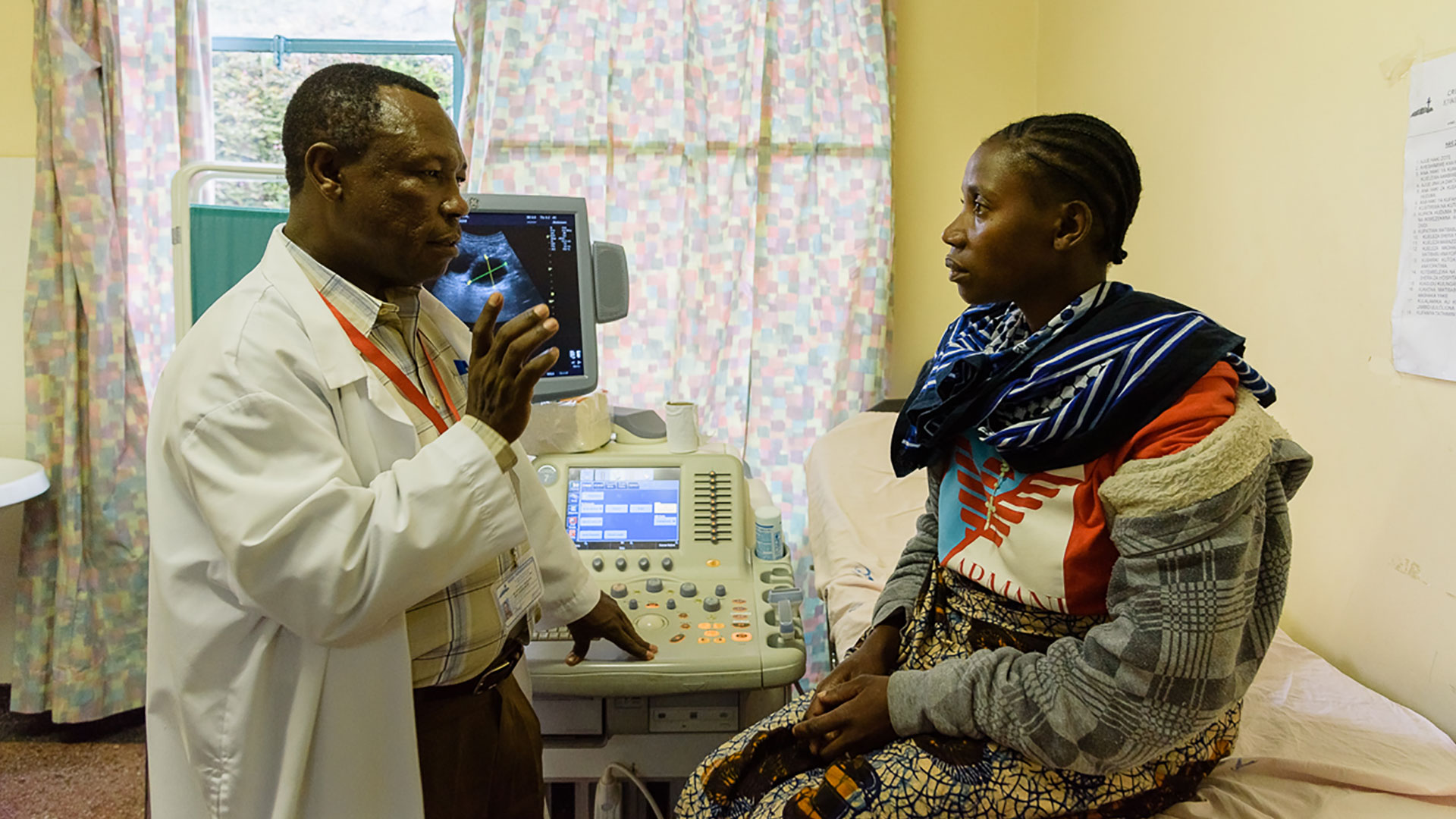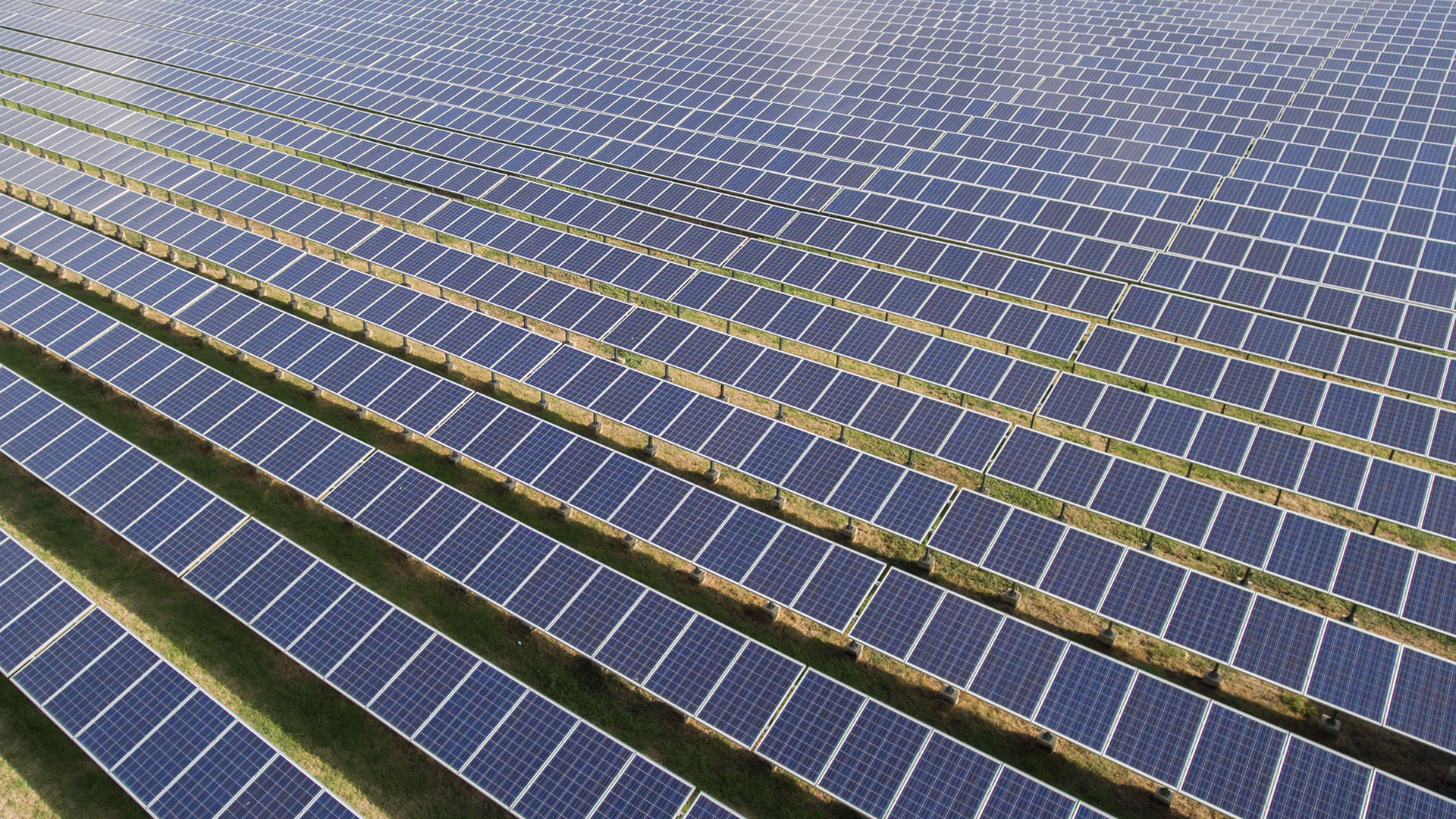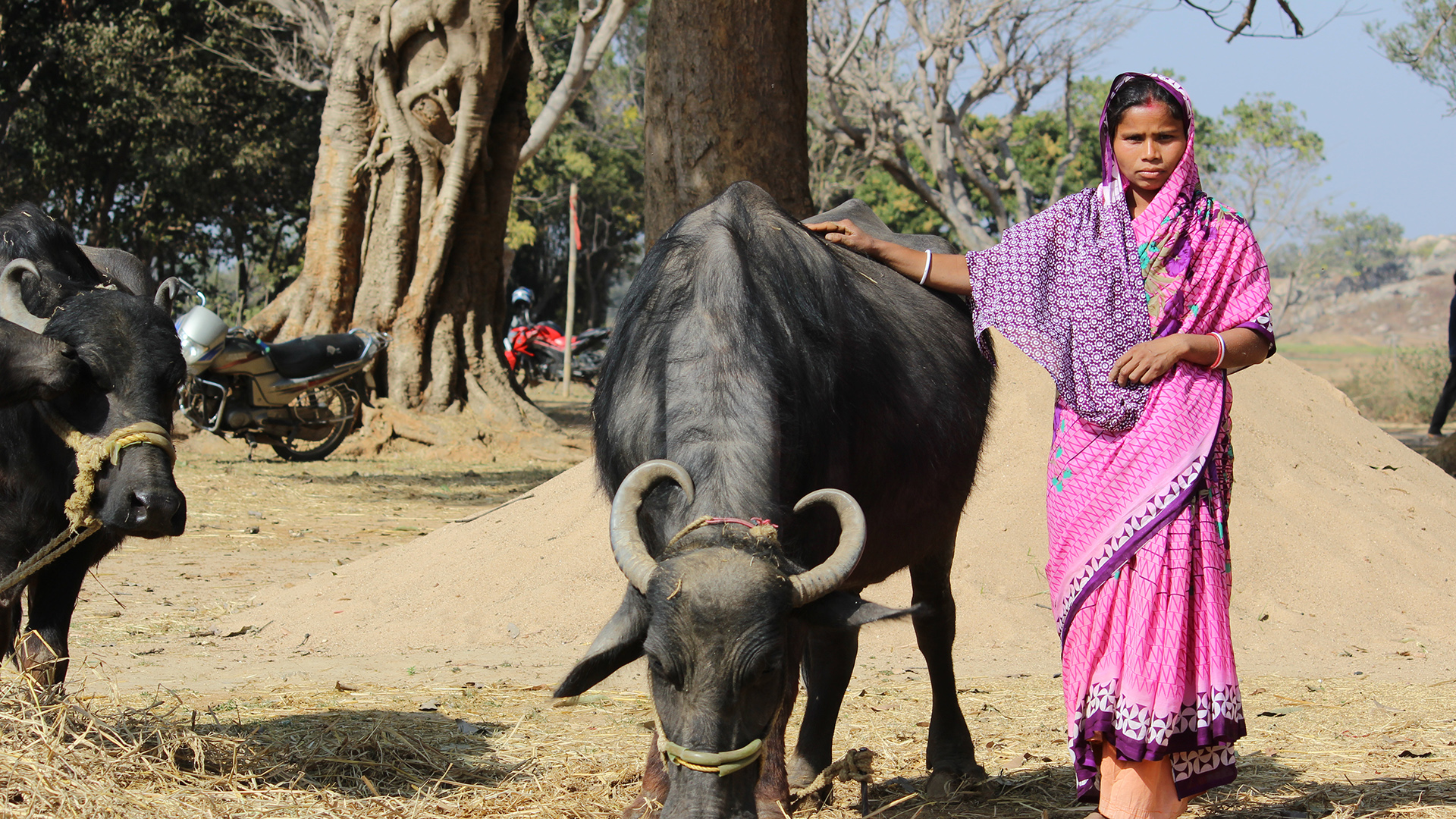
Ones to watch are gamechangers which are in their early stages. Their promising impact to date means we're excited to see how they'll develop.

Well-functioning electricity transmission and distribution networks are critical to bringing power to the 600 million people in Africa that are still without access. While power generation has seen much private sector investment in recent years, the networks that carry electricity to customers have been blighted by decades of underinvestment and poor management. Africa’s electricity networks are frequently unreliable, forcing users to switch to expensive and polluting diesel. Even before COVID-19, the investment needed surpassed that available from African governments and foreign donors – an estimated $345 billion is needed by 2040 for transmission and distribution alone.
While substantial investment is needed, the sector is generally seen as uncommercial, with the risk of high losses. Even where there is some interest from investors, there are very few well-structured investment opportunities. It’s also a risky sector from a health and safety point of view. With a physical network in poor condition and inadequate electricity-handling awareness and practices, casualties and fatalities from accidents are high.
Trying to change all this is Gridworks, a development and investment platform set up to address the under-investment in electricity transmission, distribution and off-grid infrastructure in Africa. It develops new projects and invests in existing utilities, transmission infrastructure and renewable energy companies to help build the infrastructure that makes the wider power sector sustainable and more attractive to private sector investment.
51 %
of businesses across sub-Saharan Africa rely on diesel generators to make up for the lack of grid power


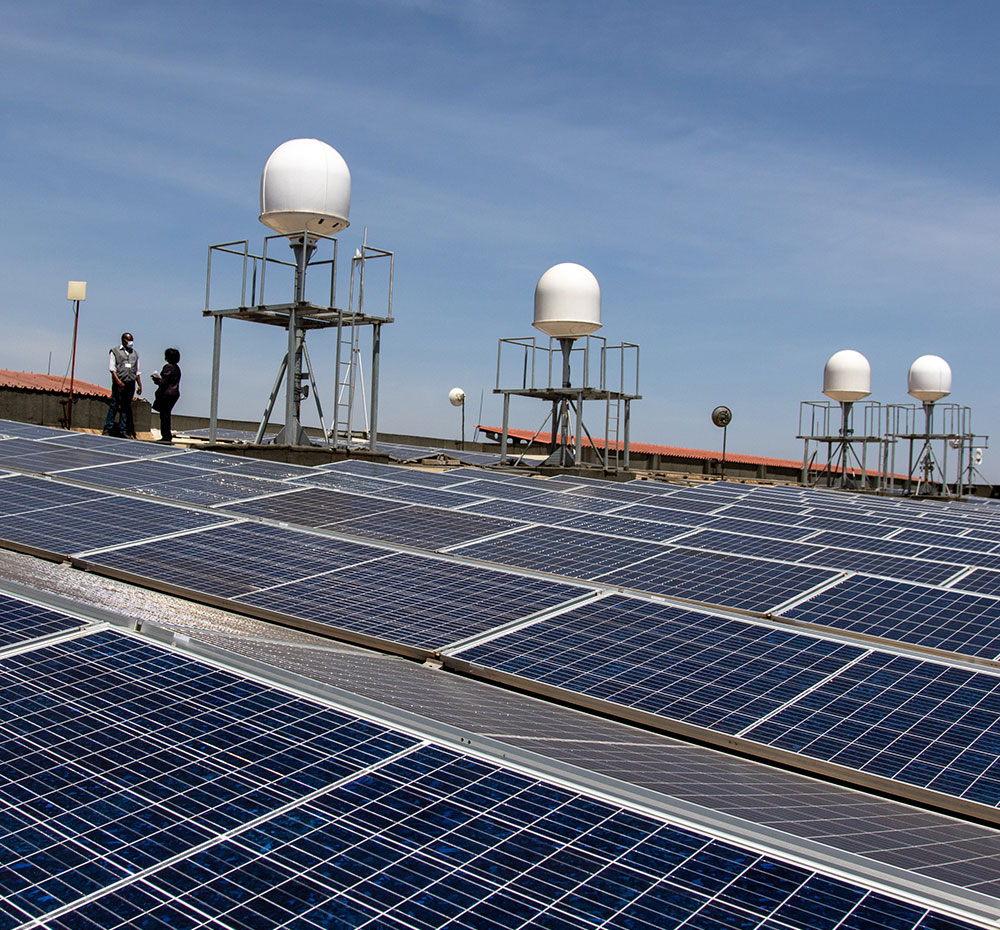
Gridworks is particularly innovative, because it can accept a degree of risk associated with the long development periods required to create sustainable businesses in this challenging sector. It can wait (in some cases, for many years) for sustainable businesses to develop. This patience will be rewarded when the success of its investments opens up access to reliable electricity for people and businesses, leading to prosperity and employment. This kind of investment is also vital in reducing carbon emissions, as it will establish the stable electricity grid needed before energy from renewable sources can be introduced.
Gridworks has invested in Mettle Solar, a pan-African company providing solar-power technologies, including battery storage, to businesses. This investment is already accelerating the uptake of cleaner and cheaper sources of electricity: in 2019, Mettle’s portfolio prevented more than 29,000 tonnes of carbon dioxide emissions, and it can reduce electricity costs by up to 40 per cent.
Gridworks also leads a consortium that will run the ESSOR A2E program to build and operate three new utilities serving cities in the north of the Democratic Republic of the Congo using solar-powered mini-grid technology. The project will bring power to hundreds of thousands of customers who do not currently have an electricity connection, which will create jobs and economic growth, improve quality of life and cut carbon emissions through the displacement of diesel generation.
Gridworks is targeting equity investments in transmission, distribution and off-grid electricity in Africa. It’s a development and investment platform wholly owned and supported by British International Investment.
29,000 tonnes
In 2019, Mettle Solar’s portfolio prevented more than 29,000 tonnes of carbon dioxide emissions, and it can reduce electricity costs by up to 40 per cent.


